The Big Disconnect
Protecting Childhood and Family Relationships in the Digital Age
Editorial Review
As the focus of family has turned to the glow of the screen—children constantly texting their friends, parents working online around the clock—everyday life is undergoing a massive revolution. Easy availability to the Internet and social media has erased the boundaries that protect children from the unsavory aspects of adult life. Parents feel they are losing a meaningful connection with their children while children feel lonely and isolated. Designed to serve us, please us, inform us, entertain us, and connect us, overtime digital devices have finally come to define us. In any given moment, with a buzz or a ping, our devices summon us and we’re likely to respond, allowing ourselves to be pulled away from our immediate surroundings into the waiting world of elsewhere and others. Whether we use it for work, shopping, or socializing, the effect is the same: we turn our attention away from those present. But with fresh eyes, an open mind, we now have the opportunity to nourish our families and protect and prepare our children for a meaningful life in the digital age that is transforming the human life. It’s time for the living room to regain its symbolic, and real, importance and role for family reunion, not through their iPads or smart phones, but rather through human interactions and family ties.
Book Reviews
Books on Related Topics
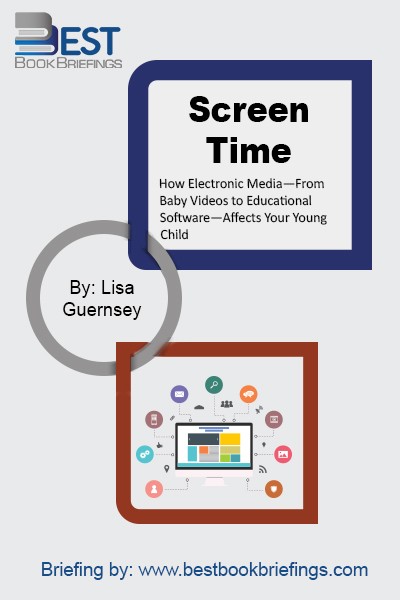
This book is mainly about of television and media's time and content on children. The studies on how children respond to content led us to ask: what exactly are our children watching? Can they make sense of it? Will they try to imitate what happens on screen? Could they learn from
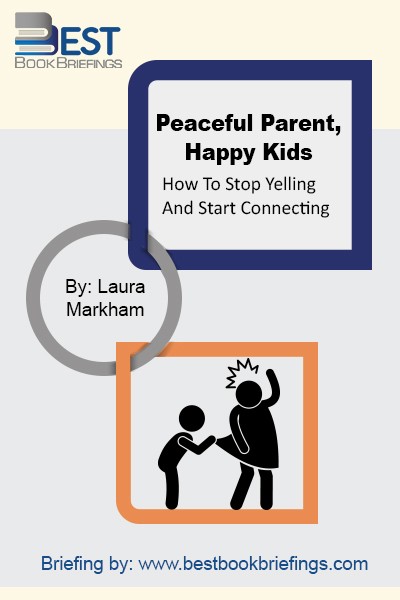
While most parenting books focus on changing the child’s behavior, and yes this book will help you support your child to become his/her very best self, this book dedicates more focuses on for parents’ behaviors. Because you’ll have to manage your own triggers and emotions to effectively coach and connect with
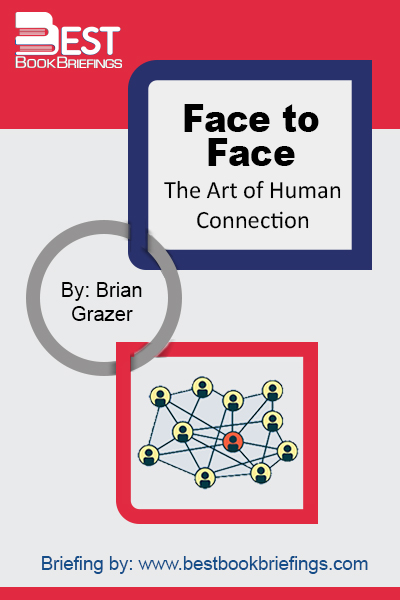
In a technological world where we spend more than half of our days looking at our phones instead of looking at the people around us, we need to be reminded of the importance of looking up every once in a while. In this summary of Face to Face: The Art of
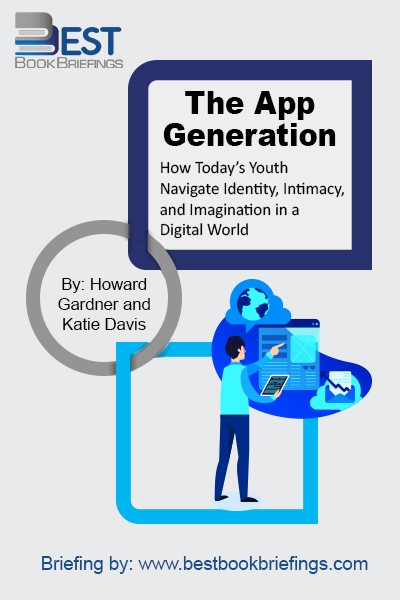
Young people growing up in our time are not only immersed in apps: they’ve come to think of the world as an ensemble of apps, to see their lives as a string of ordered apps, or perhaps, in many cases, a single, extended, cradle-to-grave app. (We’ve labeled this overarching app a
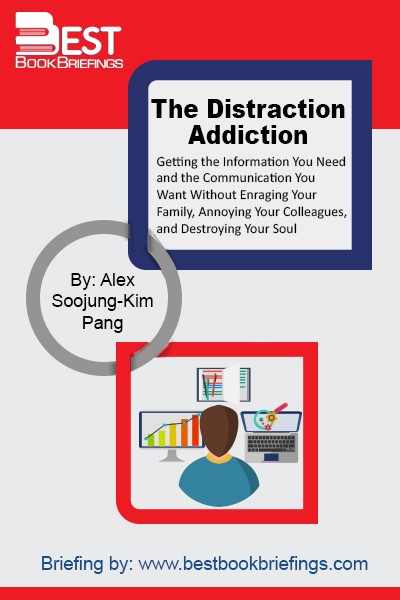
The Distraction Addiction is packed with fascinating studies, compelling research, and crucial takeaways. Whether it’s breathing while Facebook refreshes (most of us don’t) or finding innovative approaches for reclaiming a few hours from the digital crush, this book is about the ways to tune in without tuning out. It is a
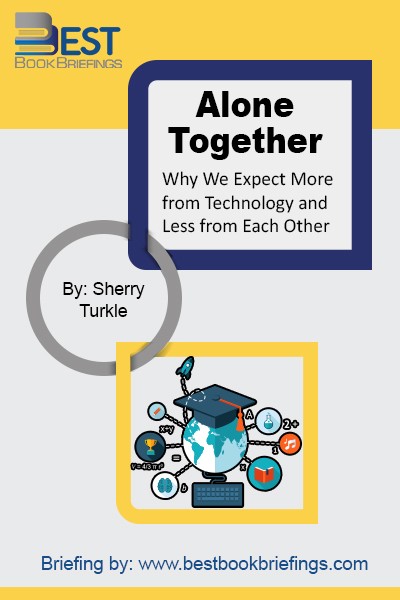
Alone together is a book written by Sherry Turkle who is a Professor of the Social Studies of Science and Technology at MIT. She traces back technology and its invasion into our lives and its impact in our behaviors, expectations, and way of thinking. She elaborately through many examples shows how
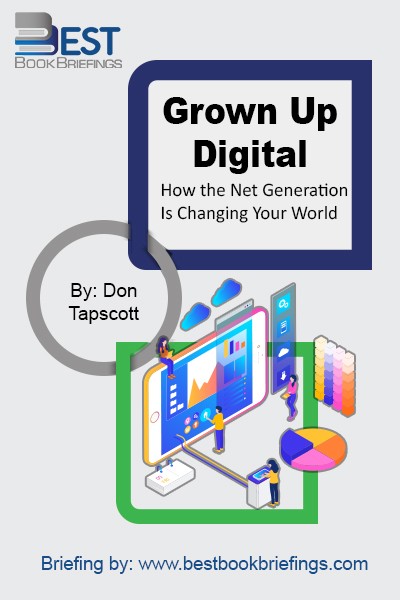
Grown Up Digital reveals: How the brain of the Net Generation processes information. Today's young people are using technology in ways you could never imagine. Instead of passively watching television, the Net Geners are actively participating in the distribution of entertainment and information. For the first time in history, youth are the
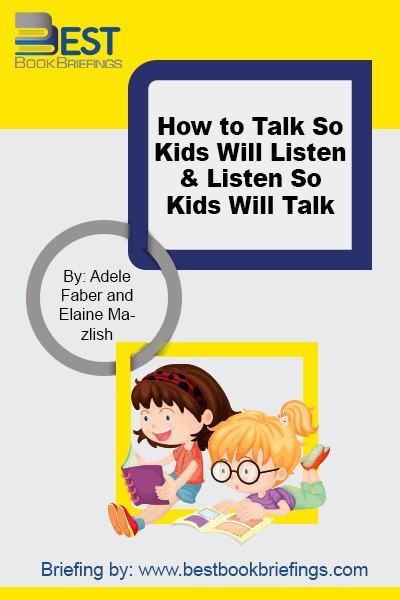
Here is the bestselling book that will give you the know-how you need to be effective with your children. Enthusiastically praised by parents and professionals around the world, the down--to--earth, respectful approach of Faber and Mazlish makes relationships with children of all ages less stressful and more rewarding. Recently revised and



